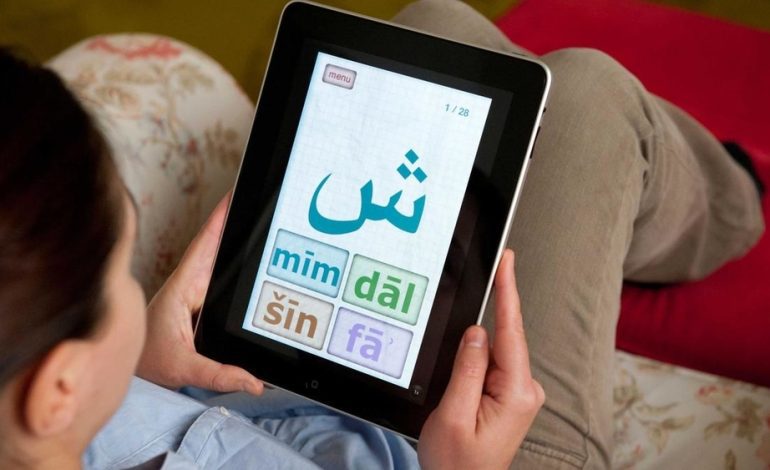10 Fastest Ways To Learn Arabic


Learning Arabic holds significant importance in today’s globalised world. As one of the most widely spoken languages, Arabic opens up doors to a rich cultural heritage and diverse communities across the Middle East and North Africa. The Arabic language is not only a tool for communication but also a key to understanding the traditions, history, and literature of the Arab world.
In the realm of business and diplomacy, Arabic proficiency is increasingly valuable. Many countries in the Arab world play pivotal roles in global affairs, and knowledge of the language enhances opportunities for international collaboration, trade, and negotiations.
Moreover, as Arabic is the liturgical language of Islam, learning it fosters a deeper understanding of Islamic culture and facilitates meaningful engagement with the Muslim world. Arabic’s significance extends to academia, where the language serves as a gateway to accessing a vast body of classical and contemporary literature. From ancient philosophical texts to modern works of poetry and prose, a command of Arabic allows individuals to engage with a plethora of intellectual contributions that have shaped civilizations for centuries.
However, in this report, Osun Defender has gathered 10 easy ways to learn Arabic.
- Start with the Basics: Learners should begin by learning the Arabic alphabet and basic pronunciation. This foundational step is crucial for understanding and speaking the language correctly.
- Use Language Apps: learners can leverage language learning apps like Duolingo, Rosetta Stone, or Babbel, which often offer interactive lessons, quizzes, and a structured approach to learning Arabic at your own pace.
- Engage with Arabic Media: Immersing yourself in Arabic media such as movies, TV shows, and music will help you more. This exposure helps you get accustomed to different accents, colloquial expressions, and cultural nuances.
- Practice Speaking Regularly: Learners should find language exchange partners or join language exchange platforms to practice speaking Arabic. Consistent conversation practice is essential for improving fluency and gaining confidence.
- Enroll in Language Classes: You should consider formal language classes at a local language school, community college, or online platform. Having a structured curriculum and guidance from an instructor can significantly enhance your learning experience.
- Read Arabic Texts: You can start with simple texts and gradually progress to more complex materials. Reading Arabic newspapers, children’s books, or online articles exposes you to diverse vocabulary and sentence structures.
- Utilize Flashcards: Learners can create flashcards for Arabic vocabulary and commonly used phrases. Apps like Anki or Quizlet can be handy for memorization, helping reinforce your understanding of words and their meanings.
- Immerse Yourself in Cultural Context: You can learn about Arabic culture, traditions, and history alongside the language. Understanding the context in which Arabic is spoken enhances your appreciation for the language and aids in comprehension.
- Join Arabic Language Communities: Learners should connect with online communities or local groups where Arabic speakers gather. Engaging in discussions and cultural exchanges with native speakers provides valuable insights and practical language application.
- Visit Arabic-Speaking Countries: If possible, you can spend time in an Arabic-speaking country. Immersing yourself in the language on a daily basis accelerates your learning process, as you’ll be surrounded by native speakers and authentic language use.
Remember, consistency and a multifaceted approach are key to mastering any language. Tailor your learning strategy to your preferences and incorporate a variety of methods to keep the process engaging and effective.


Sodiq Lawal is a passionate and dedicated journalist with a knack for uncovering captivating stories in the bustling metropolis of Osun State and Nigeria at large. He has a versatile reporting style, covering a wide range of topics, from politics , campus, and social issues to arts and culture, seeking impact in all facets of the society.










